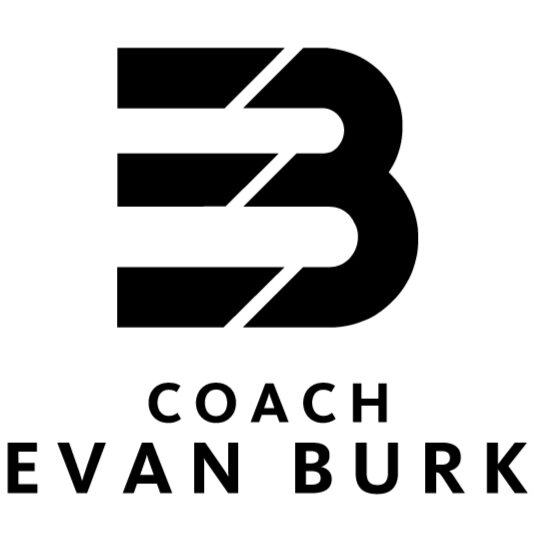What do coaches look at when evaluating a potential recruit?
Each coach and program are different when it comes to evaluating athletes for their program's. Some coaches focus solely on talent and athletic ability, while others will take a more well rounded approach and dig deeper into a players character. Below I have outlined 4 filters that college coaches will routinely apply in any evaluation.
1. Talent and Athletic Ability
This is universally the first thing that any college coach will look at when beginning to evaluate players. When college coaches watch your film or attend your game or practice, they are asking themselves, "can this athlete help make our team better?" Typically they are not only look for individuals who can compete in their program, but they should be looking for athletes that are better than the players they already have.
2. Academics
The very next question in any evaluation for any program in America, regardless of the sport, is can this athlete get into school and succeed here academically. I worked at 2 very prestigious academic institutions in SMU and UCLA, and this was always a topic of conversation with every single recruit that was ever watched and evaluated in those offices. I've seen some immensely talented players that were good enough athletically to compete at those schools get passed over in the evaluation process because the coaches and academic staff simply thought the player would not be successful academically in school. Even if a player possesses special athletic talent, coaches and programs will always be hesitant to focus valuable resources on someone they feel has little chance to succeed academically in school.
3. Measurables
The reality of the larger schools in most major sports is that size and speed will always play a huge role in the evaluation process. Coaches have spent 20-30 years in their respective sports, and 2 recruits being equal, will always side with the one that has greater speed or is an inch taller. Now I'm not saying this is right. This is how you get overlooked players such as Steph Curry at Davidson or Tony Romo at Eastern Illinois. But coaches have very unstable careers and rarely will they want to put their neck out and the a chance on a kid like Steph Curry. No one will ever fault them for going with the larger or faster player, even if that person isn't the most talented. Lower level colleges and programs are where players with measurable that maybe don't add up in Division 1 can really make an impact because they get overlooked because they are an inch too short or are .2 of a second slower than others.
4. Character and Intangibles
I spent 12 years coaching at all levels of college football and every single one of the best recruiters I ever met used a person's character and intangibles as the final filter in the recruiting evaluation process. The problem was, I could count the number of recruiters that did that on one hand. In all honesty, it takes a lot of time and effort on the coaches part to complete this part of the evaluation. A coach has to talk to your parents, your teachers, maybe hang out in the cafeteria and see who knows you thats willing to talk about you. Whenever I recruited in high schools, I would always go see the guidance counselor of the player's I was recruiting. This gave me great insight into what type of attitude they had and how they treated someone who they probably never thought a college coach would be talking to about them.What are coach's looking for in this part of the evaluation? Well, I wrote my entire Masters thesis on this, so I can't really cover it in too much detail here, but the good evaluators will be trying to figure out what type of work ethic you have, what is your commitment to the sport and academics, and how much do you really love the sport your being recruited for. Coach's have numerous ways to find all this out, and every coach is different, but suffice it to say that this aspect of the evaluation is difficult, but can most oftentimes lead them to finding out the answer to whether you will be a success or not when you get to college.
